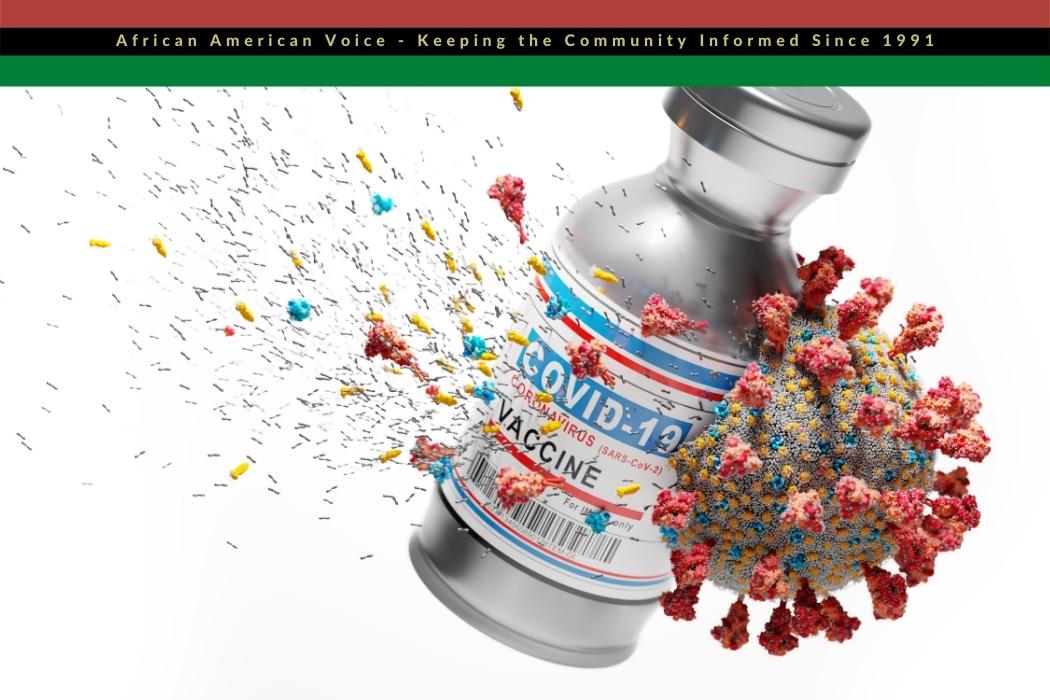Morocco is poised to be the biomedical capital of Africa by opening a $448 million new plant to produce COVID-19 vaccines and other medicines, Morocco’s king Mohammed VI said Jan. 27.
The young king, speaking at a ground-breaking ceremony for the new plant, some 31 miles outside of Morocco’s capital city of Rabat, was also unveiling a new partnership between Moroccan investors and government agencies and Recipharm, one of the world’s largest contract producers of pharmaceuticals. The joint venture will be known as Sensyo Pharmatech.



